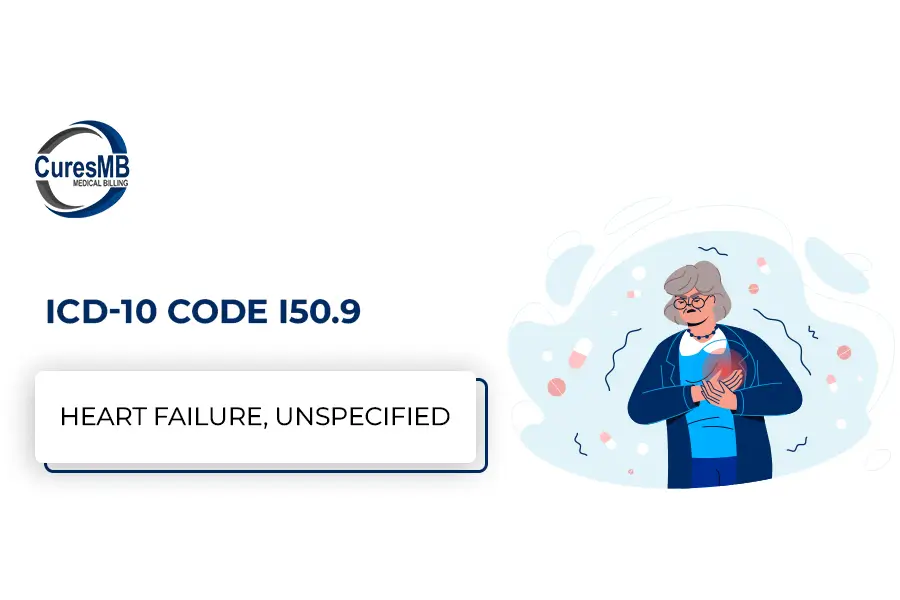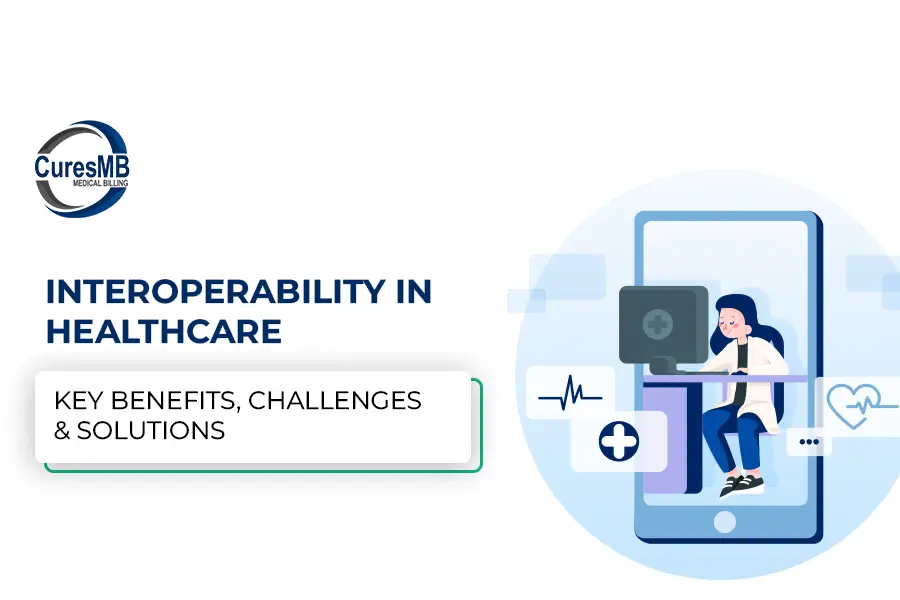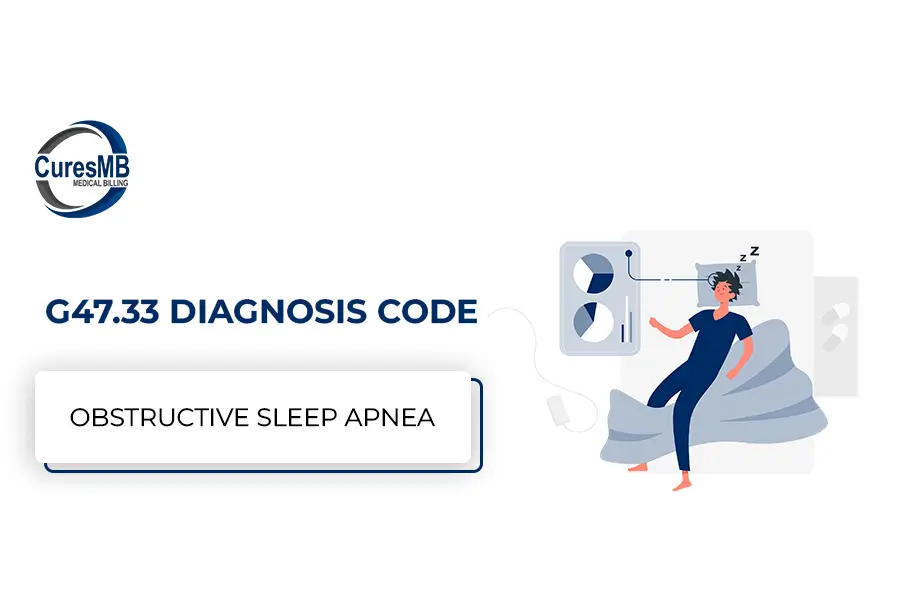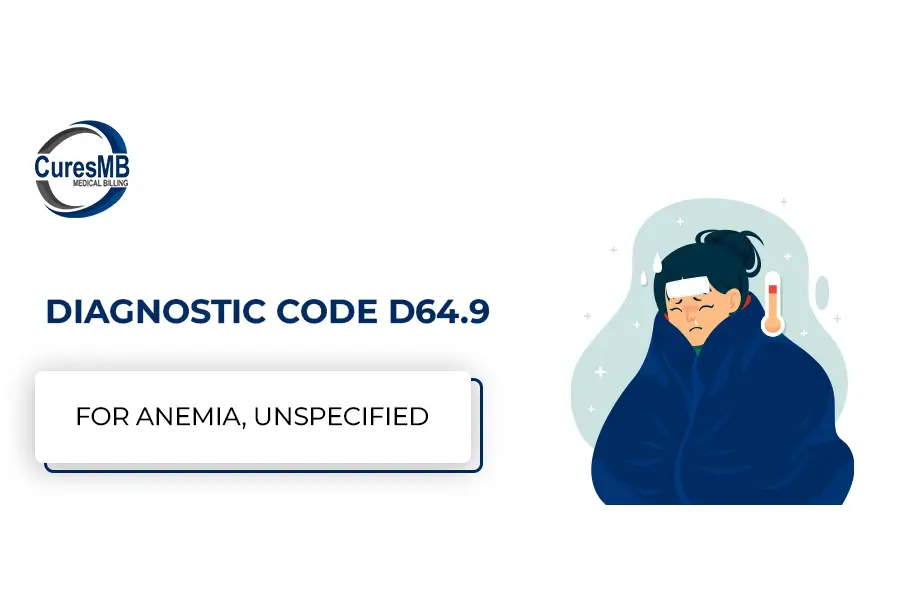

In today’s fast-paced healthcare environment, patients move between providers more than ever. One day it’s a primary care visit, the next it’s lab work, followed by a specialist consultation or telehealth check-in. How do we ensure that every provider has access to the right information, at the right time, to give the best care?
Interoperability is simply the ability of different healthcare systems whether its hospitals, clinics, pharmacies, or billing platforms to share, access, and use patient data efficiently and securely. It allows electronic health records (EHRs), software platforms, and medical devices to “talk” to each other, even if they were developed by different vendors.
It’s more than just moving data it’s about making that data usable and meaningful, so care teams can make better, faster decisions.
Imagine you’re a billing coordinator trying to reconcile a patient’s claim. If the EHR can’t share lab results or procedure notes with your billing software, you’re stuck chase paperwork, making phone calls, and risk delays or denials.
With interoperable systems, those same details flow automatically between platforms. That means fewer coding errors, cleaner claims, faster payments, and better patient outcomes.
Here’s why interoperability truly matters:
Interoperability isn’t just about data traveling from point A to point B. It’s about creating a unified care experience, regardless of location or platform. Whether data comes from wearable fitness trackers, hospital EHRs, lab reports, or pharmacy records—it should be usable, timely, and accurate.
For example, if a patient uses a heart monitor at home, that data should automatically sync with their cardiologist’s records.
Understand the levels of interoperability helps break down how these systems work together:
This is the most basic level. Systems can send and receive data, but they can’t interpret it. Think of it like two people exchanging emails in different languages.
At this level, systems agree on data formats. The information is now organized properly, so the receiving system knows how to display or store it.
This is where things click. Systems understand the meaning behind the data, allowing for accurate decision-making. For example, a diagnosis of hypertension is not just text—both systems understand it as a clinical condition.
This level brings people and processes into the picture—governance, policies, workflows, and compliance standards that support secure and timely data exchange.



Let’s say a patient visits an urgent care clinic after hours. Thanks to interoperability, the clinic can instantly access the patient’s medication list, recent test results, and chronic conditions from their primary care provider. This leads to:
And when it’s time to submit the insurance claim, all the documentation is already in place—clean, accurate, and ready for reimbursement.
Implementing interoperability offers tangible, everyday benefits for both care teams and administrative staff:
Making interoperability a reality doesn’t happen overnight, but it’s well within reach with the right strategy:
Interoperability in healthcare it’s a critical component of modern medicine. From billing efficiency to clinical safety, it touches every part of the care experience. The good news? You don’t have to solve it alone. Let us show you how our interoperable billing and EHR solutions can improve claim accuracy, speed up reimbursements, and reduce administrative burden.
Schedule a demo today and take the first step toward seamless, smart healthcare.
Interoperability in healthcare means that different systems like hospitals, labs, clinics, and pharmacies can safely share and use patient information, no matter which software they’re using. Think of it like different devices speaking the same language to ensure patients get better, faster care.
Healthcare is more complex than ever. Most patients see several providers, sometimes across state lines or different networks. Interoperability helps doctors see the full picture of a patient’s health history without delays, faxes, or repeated tests. That leads to smarter decisions and safer care.
There are four key levels:
Foundational: Systems can send and receive data, but don’t interpret it.
Structural: Ensures data is organized in a standard format.
Semantic: Enables meaningful interpretation of the shared data.
Organizational: Focuses on the policies and workflows that support data exchange between organizations.
Honestly, a few things slow it down outdated software, data privacy concerns, lack of industry-wide standards, and resistance to change. Many healthcare facilities also struggle with the cost and training needed to upgrade their systems.
It starts with choosing billing and EHR systems that support modern standards like HL7 or FHIR. Training staff, working with trusted vendors, and joining Health Information Exchanges (HIEs) can also make a big difference. And having clear internal data policies helps avoid confusion.
At its heart, it’s about delivering better care. It helps doctors treat patients more accurately, gives patients more control over their data, and ensures billing and administrative teams can work efficiently with fewer errors.
Discover Cures Medical Billing Services Across Different States
FL
NY
ML
CO
NJ
AZ
TX
CA
WA
We are a team of national medical billing service experts based in Astoria, NY, committed to providing ongoing value to our customers. We leverage technology and implement best practices to provide high-quality and cost-efficient medical billing solutions from domestic locations, enabling customers to achieve their business goals. Cures Medical Billing is the best option for any medical billing needs.
Medical billing around Astoria, NY, and beyond is our core competency and our specialists will efficiently manage all your billing needs. Our medical billing specialists have over 12 Plus years of experience with all security technologies to ensure data integrity for our customers. Using our medical billing service, anyone can make their medical billing task less resource-consuming.
Discover unparalleled efficiency and precision in healthcare financial management with Cures Medical Billing Solutions.



This site uses cookies. Read our Privacy Policy